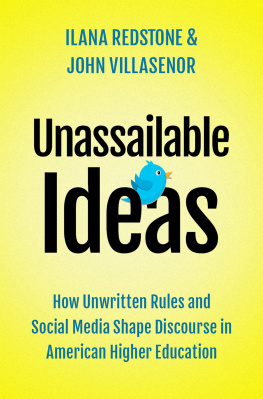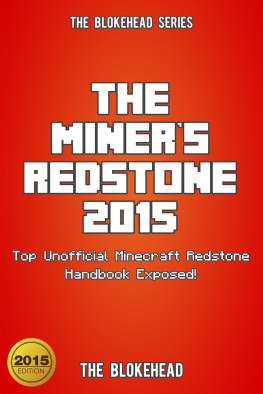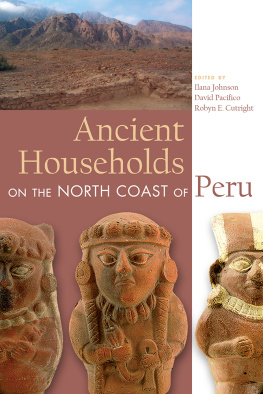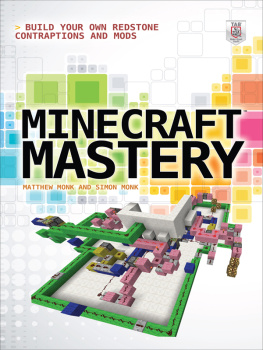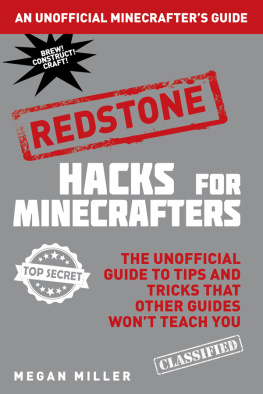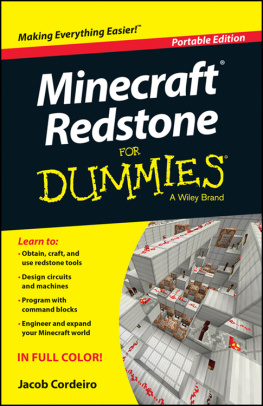Ilana Redstone - Unassailable Ideas
Here you can read online Ilana Redstone - Unassailable Ideas full text of the book (entire story) in english for free. Download pdf and epub, get meaning, cover and reviews about this ebook. year: 2020, publisher: Oxford University Press, genre: Politics. Description of the work, (preface) as well as reviews are available. Best literature library LitArk.com created for fans of good reading and offers a wide selection of genres:
Romance novel
Science fiction
Adventure
Detective
Science
History
Home and family
Prose
Art
Politics
Computer
Non-fiction
Religion
Business
Children
Humor
Choose a favorite category and find really read worthwhile books. Enjoy immersion in the world of imagination, feel the emotions of the characters or learn something new for yourself, make an fascinating discovery.
- Book:Unassailable Ideas
- Author:
- Publisher:Oxford University Press
- Genre:
- Year:2020
- Rating:3 / 5
- Favourites:Add to favourites
- Your mark:
- 60
- 1
- 2
- 3
- 4
- 5
Unassailable Ideas: summary, description and annotation
We offer to read an annotation, description, summary or preface (depends on what the author of the book "Unassailable Ideas" wrote himself). If you haven't found the necessary information about the book — write in the comments, we will try to find it.
Unassailable Ideas — read online for free the complete book (whole text) full work
Below is the text of the book, divided by pages. System saving the place of the last page read, allows you to conveniently read the book "Unassailable Ideas" online for free, without having to search again every time where you left off. Put a bookmark, and you can go to the page where you finished reading at any time.
Font size:
Interval:
Bookmark:


Oxford University Press is a department of the University of Oxford. It furthers the Universitys objective of excellence in research, scholarship, and education by publishing worldwide. Oxford is a registered trade mark of Oxford University Press in the UK and certain other countries.
Published in the United States of America by Oxford University Press
198 Madison Avenue, New York, NY 10016, United States of America.
Oxford University Press 2020
All rights reserved. No part of this publication may be reproduced, stored in a retrieval system, or transmitted, in any form or by any means, without the prior permission in writing of Oxford University Press, or as expressly permitted by law, by license, or under terms agreed with the appropriate reproduction rights organization. Inquiries concerning reproduction outside the scope of the above should be sent to the Rights Department, Oxford University Press, at the address above.
You must not circulate this work in any other form and you must impose this same condition on any acquirer.
Library of Congress Cataloging-in-Publication Data
Names: Redstone, Ilana, author. | Villasenor, John, author.
Title: Unassailable ideas : how unwritten rules and social media shape
discourse in American higher education / Ilana Redstone and John Villasenor.
Description: New York, NY : Oxford University Press, [2020] |
Includes bibliographical references and index.
Identifiers: LCCN 2020012862 (print) | LCCN 2020012863 (ebook) |
ISBN 9780190078065 (hardback) | ISBN 9780190078089 (epub)
Subjects: LCSH: Academic freedomUnited States. |
Social media in educationUnited States.
Classification: LCC LC72.2 .R44 2020 (print) |
LCC LC72.2 (ebook) | DDC 378.1/21dc23
LC record available at https://lccn.loc.gov/2020012862
LC ebook record available at https://lccn.loc.gov/2020012863
This is not a book about free speech on campus. While there are some chapters where we consider speech, the real focus of the book is much broader: We examine the challenges to free inquiry and discourse that we see in academia and, increasingly, in society more broadly. At many universities today, there is a set of closely held beliefs, enforced through social media, that constrain much of what is taught, studied, and discussedor noton campus.
Our goal in this book is to describe the state of affairs in the academy and the ways in which all arms of the academic enterprise are affected. We hope that by exploring the set of beliefs that shape teaching, research, and the campus climate more generally, we can contribute to a broader discussion on free inquiry, knowledge creation, knowledge dissemination, and the role of higher education.
For readers who share our general concerns about the current academic climate, our hope is that this book can provide new and useful information and perspectives on some of the specific factors that are shaping that climate. For readers who are inclined to disagree with usthose, for example, who think that free inquiry and discourse on American college campuses is not too narrowly constrainedwe hope that this book will be viewed as a respectful counterpoint to an on-campus narrative that we believe would benefit from a broader range of views.
Americas higher education system is in many ways extraordinary, and we share with everyone with a stake in that system the goal of making it even better. Writing this book has been a learning process for us, and we are quite sure that we still have more to learn. We look forward to continuing that process as we engage in the discussions that we hope this book will help spur.
In this book, we cite numerous research articles, books, and popular press articles, some of them relatively recent and some from decades ago. When we refer to the authors and their affiliations, we do so using the names and affiliations that were listed at the time of the publication we are citing.
We refer to institutions of higher education as both colleges and universities, and generally use these terms interchangeably despite some difference in scope in their formal definitions. We have adopted this approach because it leaves more flexibility to use the term that best comports with common usage. For example, it is more common to write of university research than of college research, and of college campuses than of university campuses.
When describing on-campus events and controversies, we have endeavored to ensure that our descriptions are accurate as of the time of writing, while also recognizing that in some cases there will be further developments not reflected in the narrative we present.
A note about Covid-19: While this book was produced in 2020, we completed the manuscript in 2019, well before the Covid-19 pandemic shuttered American college campuses in March 2020. To put it mildly, the dynamics of campus discourse are very different when dorms have been largely emptied and instruction has been moved to Zoom. Of course, at present we do not know when students will be able to return to campus in significant numbers. That said, we are confident that our call for a culture of more open discourse in higher education will remain relevant both during the pandemic and after it has passed.
We are grateful to the many people with whom we have had conversations as we considered the issues described in this book. We provide the list below with two important caveats. First, the opinions we express here are our own, and are not intended to represent the views of anyone listed below. Second, while we have endeavored to make the list below as complete as possible, we may have inadvertently omitted some names that should have been included. Our heartfelt thanks go to Ahmad Atif Ahmad, Randall Akee, Richard Arum, Bradley Campbell, Michelle Deutchmann, Tara Helfman, James Kierstead, Lisa Littman, Joseph Lowndes, Eileen McDonagh, Pat McDonagh, Manu Meel, Andrew (Yair) Michaels, Joshua Redstone, Paul Redstone, Lawrence Ian Reed, Richard Shweder, Geoffrey Stone, Dovid Tiechtel, Mark Urista, James Matthew Wilson, and to anyone not listed here who has been kind enough to engage in discussions with us on the topics we address. Special thanks also go to James Cook, our editor at Oxford University Press, for his consistent support and enthusiasm.
A few years ago, the University of California system published a document on microaggressions. In a section titled myth of meritocracy, one of the supposedly offensive remarks listed was I believe the most qualified person should get the job. That statement, according to the primer on microaggressions that was also provided in the document, is a snub or an insult.
Its tempting to write this off as just one more of many examples of the wacky assertions that get made by people on the academic fringe. But this isnt the academic fringe. This was a publication promulgated by one of the countrys largest and most well-respected public university systems and containing an explicit denunciation of praise for meritocratic hiring.
In the up-is-down and down-is-up campus environment that produced such a claim, logic itself sometimes takes a backseat to a set of beliefs that act as a filter shaping what can be taught, the research that can be performed and published, and the opinions that can be expressed. Of course, complaints about campus political correctness go back decades. But the growth of social media has made academia today fundamentally different and less welcoming to open inquiry and to a diversity of perspectives than in the past.
Font size:
Interval:
Bookmark:
Similar books «Unassailable Ideas»
Look at similar books to Unassailable Ideas. We have selected literature similar in name and meaning in the hope of providing readers with more options to find new, interesting, not yet read works.
Discussion, reviews of the book Unassailable Ideas and just readers' own opinions. Leave your comments, write what you think about the work, its meaning or the main characters. Specify what exactly you liked and what you didn't like, and why you think so.

